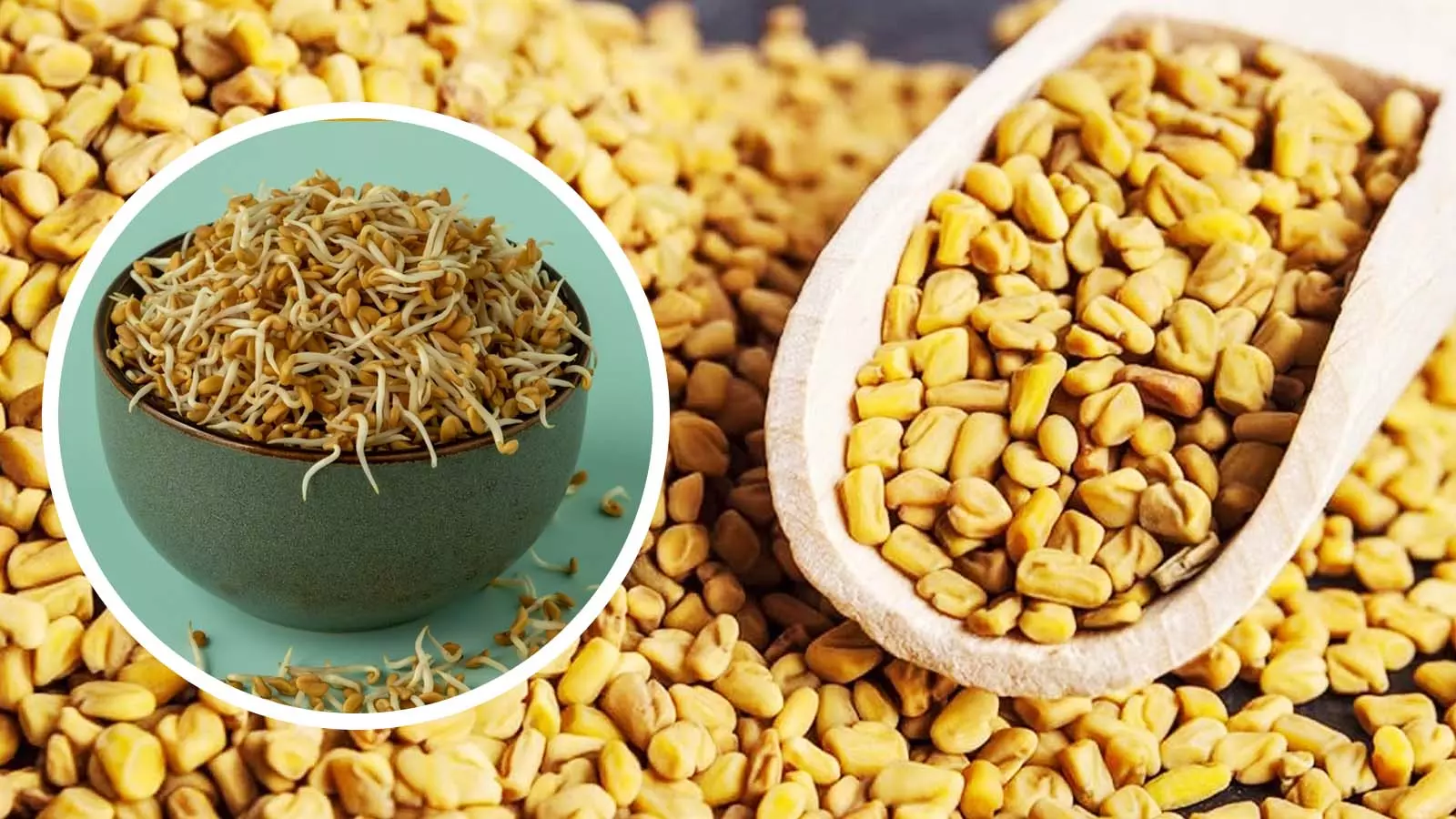
Why 'powerhouse' fenugreek could be a boon for astronauts
Ravikumar Hosamani, UAS Dharwad, explains why Shubhanshu Shukla has taken 'methi' seeds to the International Space Station (ISS) as part of the Axiom-4 research mission

The University of Agricultural Sciences (UAS), Dharwad, and the Indian Institute of Technology (IIT), Dharwad, have sent seeds of two remarkable plants – fenugreek and green gram – to the International Space Station (ISS) as part of the Axiom-4 research mission.
This ambitious project aims to harness the nutritional benefits of traditional Indian staples to address the unique health challenges faced by astronauts in the harsh environment of space.
At the heart of this innovative initiative is Ravikumar Hosamani, Assistant Professor in the Department of Biotechnology at UAS Dharwad and the project's principal investigator. Hosamani explained the rationale behind choosing these particular "powerhouse" plants: "Astronauts often face significant health challenges in space, and fenugreek is probably the best solution."
Also Read: 'Microgravity', 'gajar halwa': What Shubhanshu Shukla, PM Modi discussed in 18-min chat
Hosamani highlighted the remarkable synergy between the known benefits of these plants and the specific ailments astronauts contend with during long-duration space missions. The high nutritional value and potential medicinal properties of these seeds make them ideal for supplementing astronaut diet.
Why was fenugreek chosen? We are curious. ''The selection of fenugreek (methi) was no arbitrary choice. Fenugreek is known to be beneficial for cardiovascular health, bone density, preventing kidney stones, and managing blood pressure issues. We found that, coincidentally, astronauts face the very same issues while in space. So, we sent these sprouts."
So underrated is fenugreek, isn't it? 'Absolutely, it is a powerhouse green.''
Indian astronaut Shubhanshu Shukla, currently on the ISS, is also playing a crucial role. He will rehydrate the dry seeds to initiate germination in the microgravity environment. Upon their eventual return to Earth, the sprouted seeds will undergo extensive analysis at UAS Dharwad. Researchers will meticulously examine various aspects, including their sprouting efficiency, nutritional profile, phytohormone dynamics (plant hormones), transcriptome response (gene activity), and microbial growth patterns, all to ensure food safety and optimal nutritional yield.
If the experiment is successful, it will be a significant leap forward in astronauts' nutrition and dietary habits in space.
Hosamani has extensive background in space-related research, bringing a wealth of experience, having spent nearly seven years working for NASA Ames Research Centre in Moffett Field, California, initially as a USRA and NASA Postdoctoral Fellow, and later as a Research Assistant Professor. His expertise extends to advanced biotechnological techniques, including a 3-month training programme at Iowa State University focused on gene-editing technology in soybean and plant gene cloning.
Beyond the current seed project, Hosamani is working on other space-related work as well.

